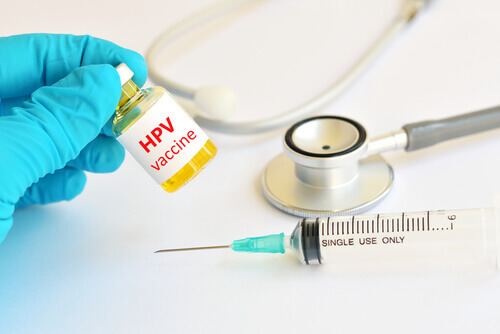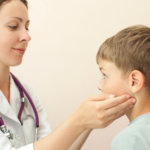
HPV affects around 80 million people within the United States alone. The disease is able to spread via skin contact as well as sexual activity. While HPV will usually go away on its own even if left untreated, there are other types that can lead to various problems. These problems include cervical cancer as well as genital warts.
The HPV vaccine is a great way to protect your children from HPV-related diseases. They can also be used to protect adults from the disease if they were not vaccinated during their childhood. The Centers for Disease Control and Prevention — better known as the CDC — have advised that preteens get their vaccine around the age of 11 to 12 years old. This will ensure that they are protected from HPV before they are exposed to it. You can get yourself vaccinated at any point prior to the age of 45.
1. The HPV vaccine can protect against precancerous cervical lesions [PRO]
From over 32,000 cases of cancer that are caused by HPV annually, studies show that most of those cases could have been prevented by the HPV vaccine. The vaccine prevents these cases by supplying antibodies to your immune system which will protect you from becoming infected. This will prevent any occurrence of warts or cancers that are caused by HPV.
There are such things as pap smears that can be used to detect cervical cancer in women, but there isn’t any way of testing for HPV prior to its development into a more severe issue. There’s also no test available for men if they want to check for HPV or any associated cancers. Furthermore, HPV itself has no medical treatment. The best thing that doctors can do is cut off any tissue and cells to remove warts. Vaccination has managed to decrease the rates of HPV by 64%.


